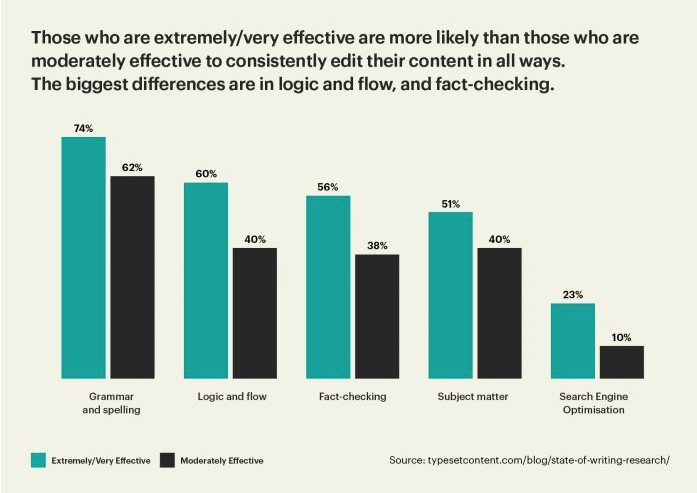 We love our heroes. They inspire and entertain us.
We love our heroes. They inspire and entertain us.
But we often ignore the broader lessons of how those heroes achieve their goals.
We read stories of visionary company founders, but don’t notice the founding team members who pull long hours and take career risks. Nor do we profile the angel investors, the early hires, and the pioneering customers who all are instrumental to the success of the endeavor.
We idolize the lead singer over the contribution of the band. We glorify the inventor or explorer but skip over the work they build on, the “giants” on whose shoulders they stand.
When we worship the hero and forget the team, we fail to learn the full lessons of the remarkable achievements we admire.
The writer as a hero
Writers are just as attracted to heroes as everyone else. Heck, we study Joseph Campbell’s description of the hero’s journey and try to apply it to our stories. And we turn that same filter onto our own work.
We are valiant writers, banging out works of brilliance in isolation, undertaking the heroic effort of putting words on paper.
Then we look at what we wrote, and the whole thing falls apart.
The first draft inevitably stinks. The higher your expectations, the worse the letdown. Experienced writers understand that the ugly first draft is merely fodder to create the final version, but even they can despair at work that doesn’t meet their expectations.
Without faith in a larger process, you’re more likely to abandon the heroic journey altogether.

Writing the draft is clearly the critical act. Without a draft, nothing else happens. But that first draft itself is rarely a heroic result.
The act of writing requires a larger support team, including:
- Research and fact-checking
- Revision for flow and style
- Copyediting
- Proofreading
(Revision is a silent, behind-the-scenes hero of nearly every piece of great writing.)
Whenever we neglect that support team (the larger writing process), the result suffers. It rarely rises above the ordinary and pedestrian.
Doing more of the same isn’t the path to glory
Businesses that use written content as a critical part of their marketing strategies fall prey to the same “hero worship” of the writing process. And it skews the way they plan for and invest in content creation.
A survey of business writers and content creators conducted by Typeset and Mantis Research bears out the seriousness of this problem in the business world.
The authors of the State of Writing 2020 report blame a focus on quantity over quality. In a blog post accompanying the results, they write, “Almost 6 in 10 business communicators plan to write more, but only 3 in 10 plan to increase budget. How do these professionals plan to make their writing more effective if they don’t put money behind it?”
Only 45 percent of the respondents felt that they were creating content that was effective to its purposes. The rest? They’re busy creating content, but don’t really think it’s working. And yet, they want to create more of it.
Not surprisingly, those who are not having success creating effective content are also less likely to edit and optimize the content. They are less likely to edit for grammar and spelling, logic and flow, subject matter, and accuracy.

I think they’re making the mistake of conflating the drafting process with the writing process. They focus on the heroic journey of creation, rather than the hard work of support.
Great writing doesn’t happen in the first draft.
Beyond the metaphor
Let the hero inspire you to act. But to elevate your performance, learn from the entire team.
Set out on your hero’s journey to create a first draft. Then engage in the equally noble effort of making your work itself great.
The work is the star; give it the supporting team it needs to be remarkable.
Frodo needed his Sam. Your writing needs its supporting process, including strategy, revision, editing, and care.
Download the complete business writing research from this link: typesetcontent.com/blog/state-of-writing-research
For more advice on having faith in the process, read my book The Writer’s Process. For tips on business writing, see The Workplace Writer’s Process.